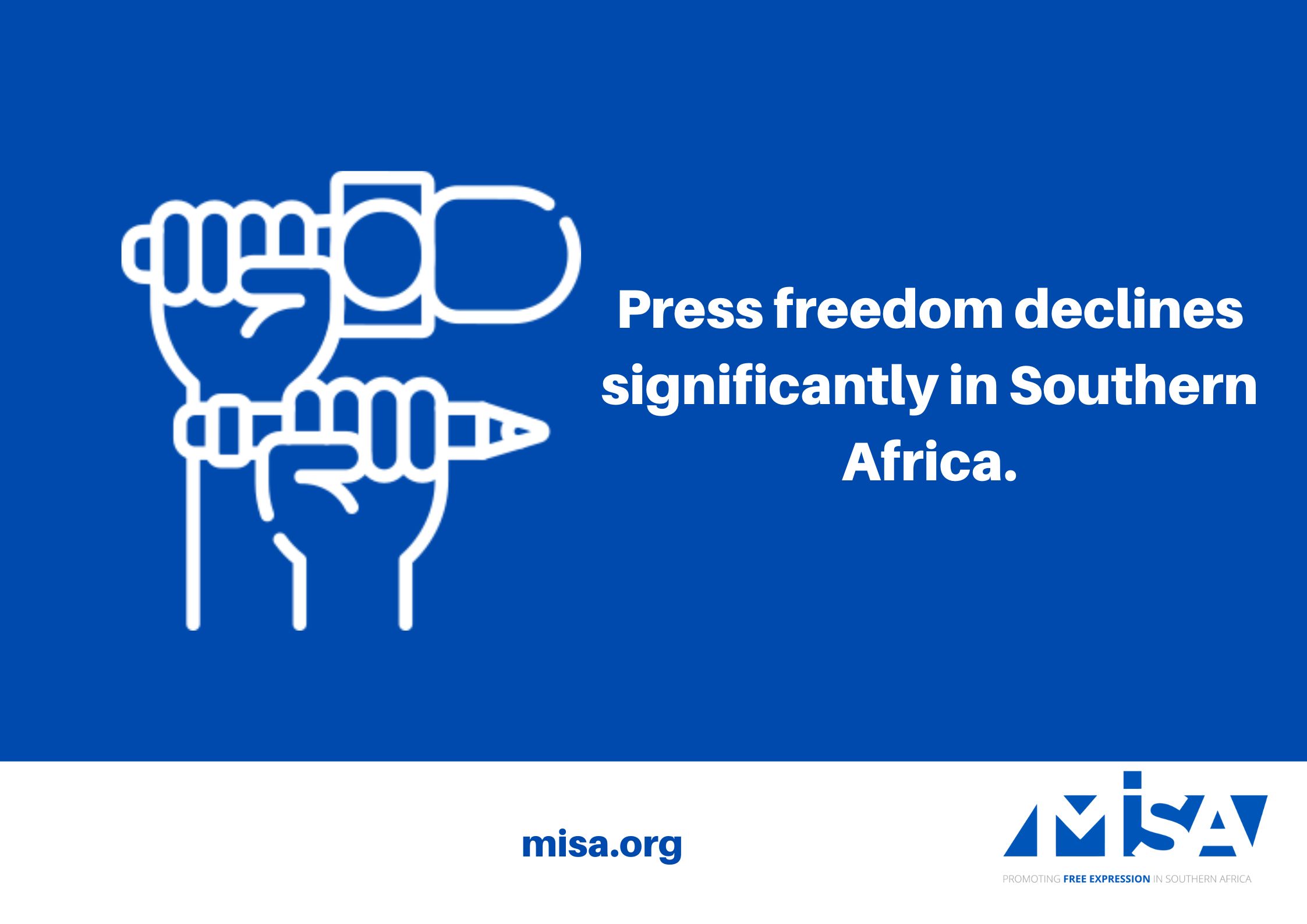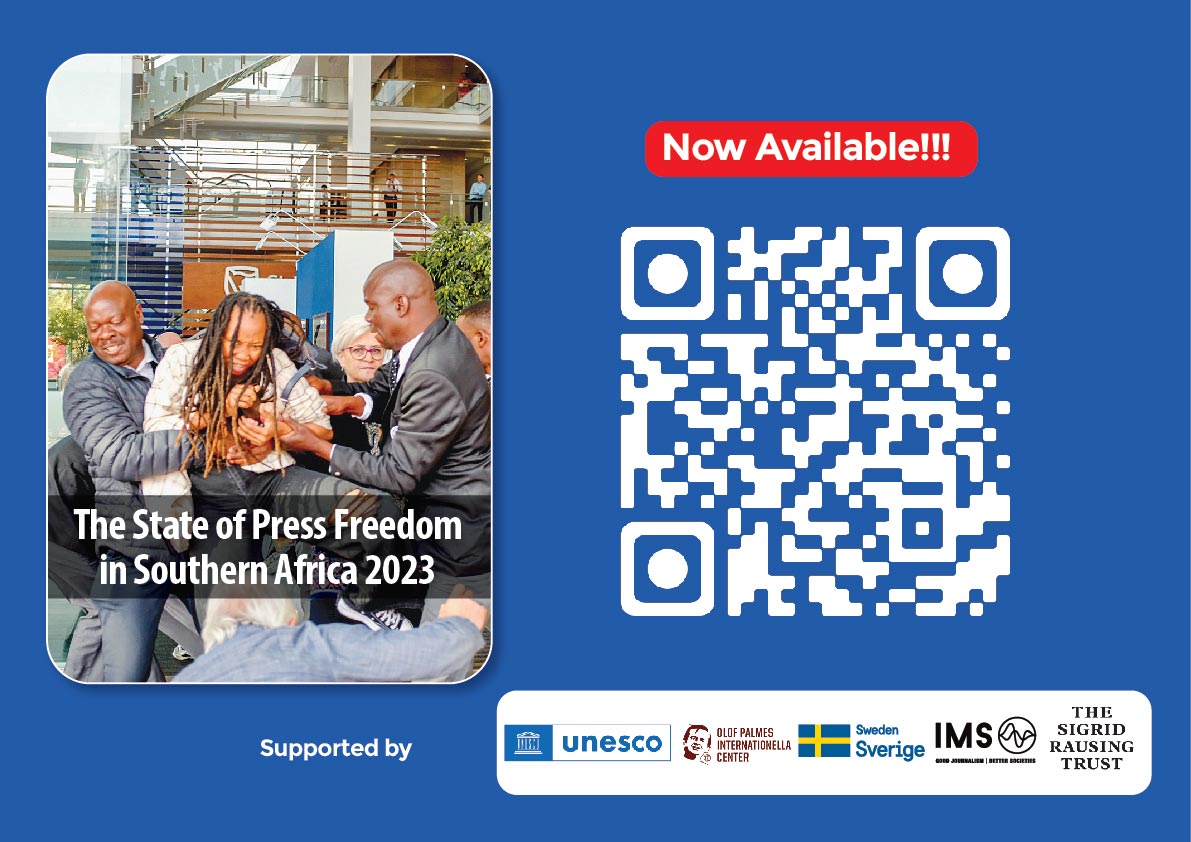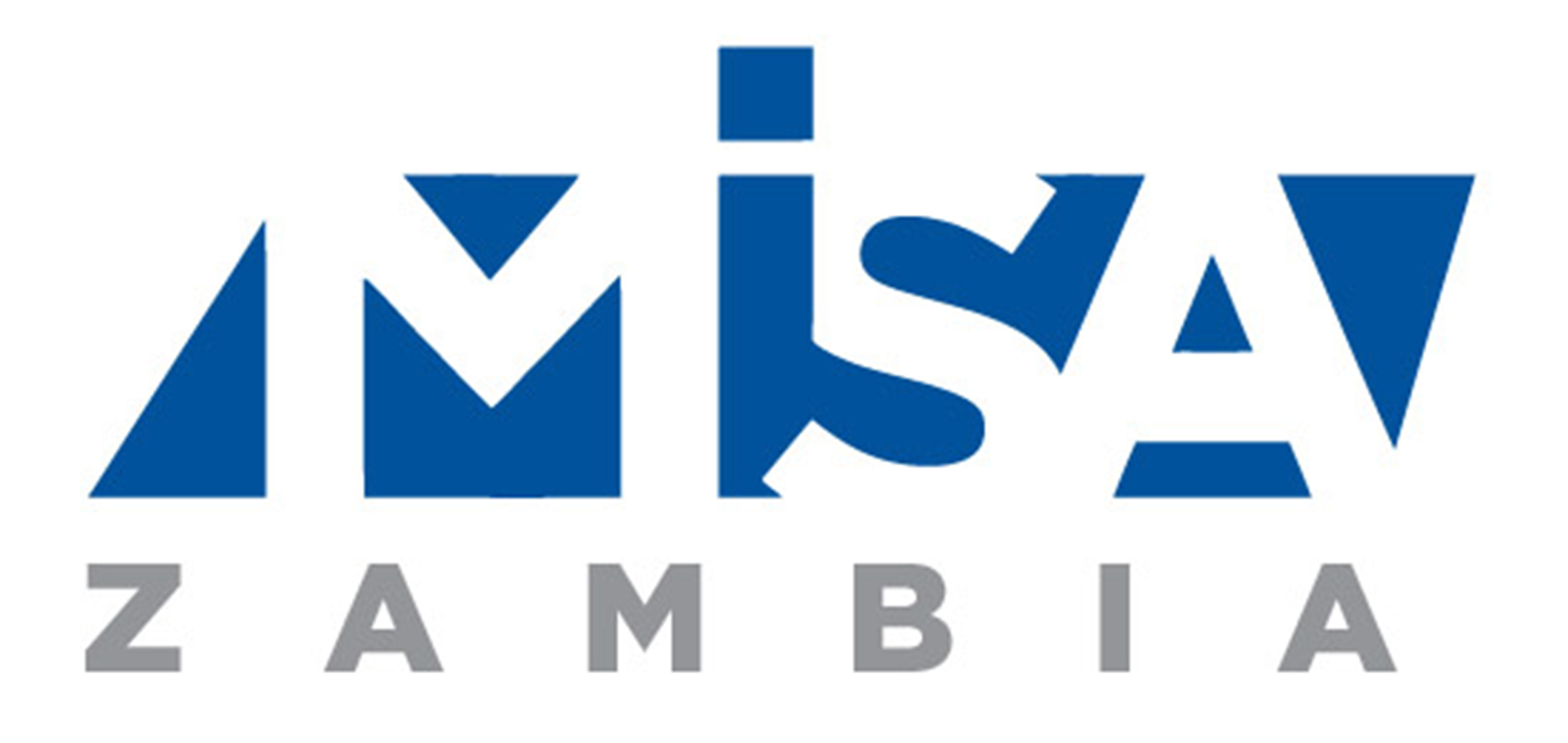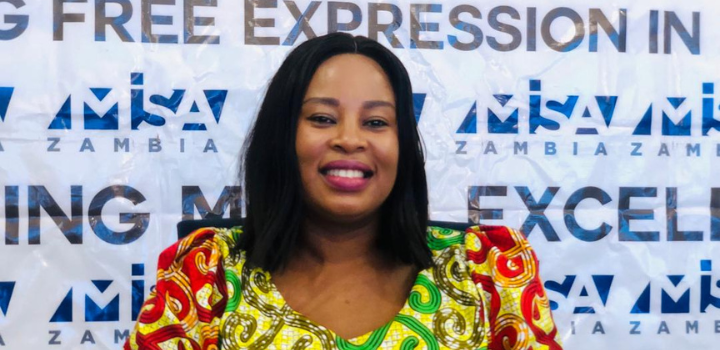MPIKA district commissioner Moses Katebe last Sunday attempted to stop a Mpika FM live phone-in political programme owing to what he termed use of abusive language against President Edgar Lungu by UPND discussants.
According to a story carried by today’s Post newspaper, the hour-long programme presented by Mwango Mwango at 17:15 hours featured three UPND officials; chairman for labour and social security Percy Chanda; member of the national management committee Benard Mpundu; and Muchinga provincial chairman Peter Chishimba, to discuss the opposition party’s developmental programmes.
During the programme, UPND officials accused President Lungu’s government of mismanaging the economy, misplacing priorities and borrowing huge sums of money from private institutions instead of International Monetary Fund, lack of vision to mitigate load-shedding and poor agricultural policies where more than two people were sharing a 50 kg bag of fertiliser.
Before the programme ended, Katebe phoned station manager, Allan Dumingo, demanding that the programme be cancelled because the UPND officials were allegedly using abusive language against the ruling PF and President Lungu but Dumingu politely told the uncomfortable Katebe that he could not cancel the programme as it had been paid for.
He told Katebe that, that was how the radio station raised revenue for its operations but the district commissioner got upset and accused Dumingu and his staff of being partisan.
Katebe told Dumingu that he would call at his office on Monday morning and that he should find Mpika FM board chairman Hammerksjod Simwinga because the programme was damaging.
According to a source, on Monday Katebe went to the radio station in the company of a police officer and an officer from Office of the President.
Katebe explained that he decided to go with an officer from OP because Dumingu, in their telephone conversation, had mentioned that OP officers had allowed the station to air the programme. The source said the OP officer denied the allegation and that the station manager was summoned over the alleged remark.
The source said Dumingu denied Katebe’s claims, saying that what he told him was that even OP officers could attest to the fact that journalists at the station were not biased. The source said Simwinga also assured Katebe that members of staff at the station were all impartial with political parties and that political programmes were being paid for.
The source said it was at this point that Katebe asked the station manager to be informing him each time the opposition was being hosted so that he was not taken unawares.
The source revealed that recently, Katebe also accused the radio station of being in opposition because they delayed to carry live a public meeting that information minister Chishimba Kambwili addressed at Mpika Boys.
The source said it was unfortunate that Katebe accused members of staff of being partisan when the PF had not even made advance payment to facilitate the live transmission of Kambwili’s meeting and there was no transport to pick the crew from the station before the meeting commenced.









